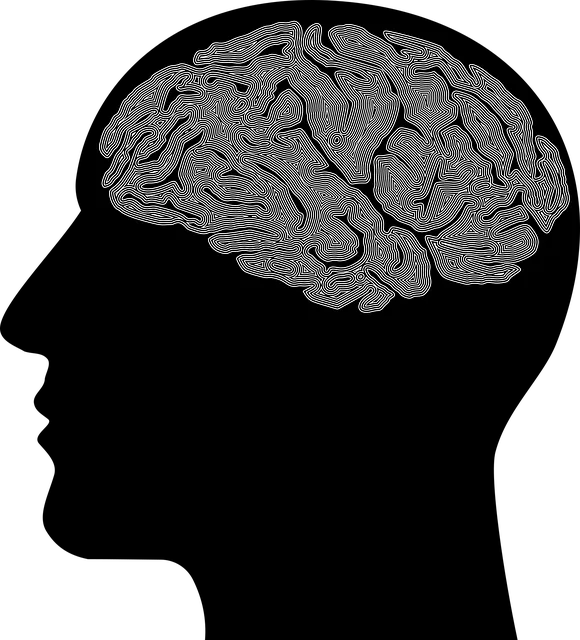Centennial Kaiser Permanente psychiatry offers adaptable, participant-focused stress management workshops. Using a modular approach and Public Awareness Campaigns Development principles, these workshops assess individual needs, covering mindfulness, time management, and empathy-building. Facilitators create a safe space for open sharing, addressing both mental and physical stress triggers. Aligned with psychiatric guidelines, the program offers evidence-based techniques like Conflict Resolution and Emotional Healing Processes, targeting immediate relief and long-term burnout prevention.
Stress management workshops are a valuable resource for individuals seeking to navigate modern life’s challenges. This article explores the art of organizing such workshops, focusing on effective strategies employed by Centennial Kaiser Permanente. We’ll delve into planning, from identifying target audiences and their triggers to structuring a curriculum aligned with psychiatric guidelines. Additionally, we’ll uncover engaging content, including interactive activities and mindfulness techniques, and discuss promotion, evaluation methods, and continuous improvement to enhance future workshop experiences.
- Planning and Structure for Effective Stress Management Workshops
- – Identifying target audience and their specific stress triggers
- – Designing a structured workshop curriculum aligned with Kaiser Permanente psychiatry guidelines
Planning and Structure for Effective Stress Management Workshops

Effective stress management workshops require careful planning and structured delivery to maximize engagement and impact. At Centennial Kaiser Permanente psychiatry, we understand that each participant brings unique experiences and challenges. Therefore, our workshops are designed with a modular approach, allowing for adaptability based on the needs of the group. We begin with an assessment phase where we gather information about the participants’ stress triggers, coping mechanisms, and mental wellness goals. This data informs the development of tailored sessions focused on topics like mindfulness techniques, time management strategies, and empathy-building exercises.
The structure of our workshops typically involves an introduction that sets clear expectations and goals, followed by interactive activities, small group discussions, and practical exercises. We integrate Public Awareness Campaigns Development principles to ensure informative and engaging content. By fostering a safe and supportive environment, we encourage participants to share their experiences openly, enhancing empathy among peers. Our experienced facilitators guide the sessions, ensuring a well-rounded approach that addresses both the mind and body’s impact on stress management.
– Identifying target audience and their specific stress triggers

Stress management workshops are an effective way to cater to a diverse range of individuals within the community, focusing on their unique stress triggers and needs. At Centennial Kaiser Permanente, our psychiatry department recognizes that stress can manifest differently across various demographics. By identifying the specific stressors for our target audience, we can tailor our workshops to address these issues effectively. For instance, young professionals might face work-life balance challenges, while students could be burdened by academic pressures, and seniors may experience loneliness or health-related anxieties.
Understanding these triggers is crucial in developing inclusive programs that resonate with different cultural backgrounds and life experiences. Incorporating elements of Cultural Sensitivity in Mental Healthcare Practice ensures that our workshops are accessible and beneficial to all participants. We aim to foster a safe space where individuals can learn valuable stress management techniques, such as mindfulness practices or social skills training, while also raising mental health awareness through engaging discussions and interactive activities.
– Designing a structured workshop curriculum aligned with Kaiser Permanente psychiatry guidelines

When designing a stress management workshop for organizations like Centennial Kaiser Permanente psychiatry, it’s crucial to align the curriculum with established psychiatric guidelines. These evidence-based practices ensure that the program offers effective strategies for coping with stress and promoting mental well-being. Following the recommended framework from Kaiser Permanente psychiatry helps to create a structured session that addresses various aspects of stress, including recognition, prevention, and healthy response mechanisms.
The workshop should incorporate practical techniques such as Conflict Resolution Techniques to manage interpersonal stressors, which are common in professional settings. Additionally, integrating Emotional Healing Processes can help participants process and release built-up emotions related to work pressures. By focusing on these aspects, the workshop not only equips individuals with tools for immediate stress relief but also contributes to long-term Burnout Prevention, a significant concern in healthcare professions like psychiatry.
Stress management workshops, tailored for specific audiences and designed according to the guidelines of Centennial Kaiser Permanente psychiatry, can significantly improve mental well-being. By identifying unique stress triggers and structuring engaging curricula, these workshops offer a comprehensive solution to combat stress in various settings. This approach ensures that participants gain practical tools and knowledge, fostering a healthier and more resilient lifestyle.






